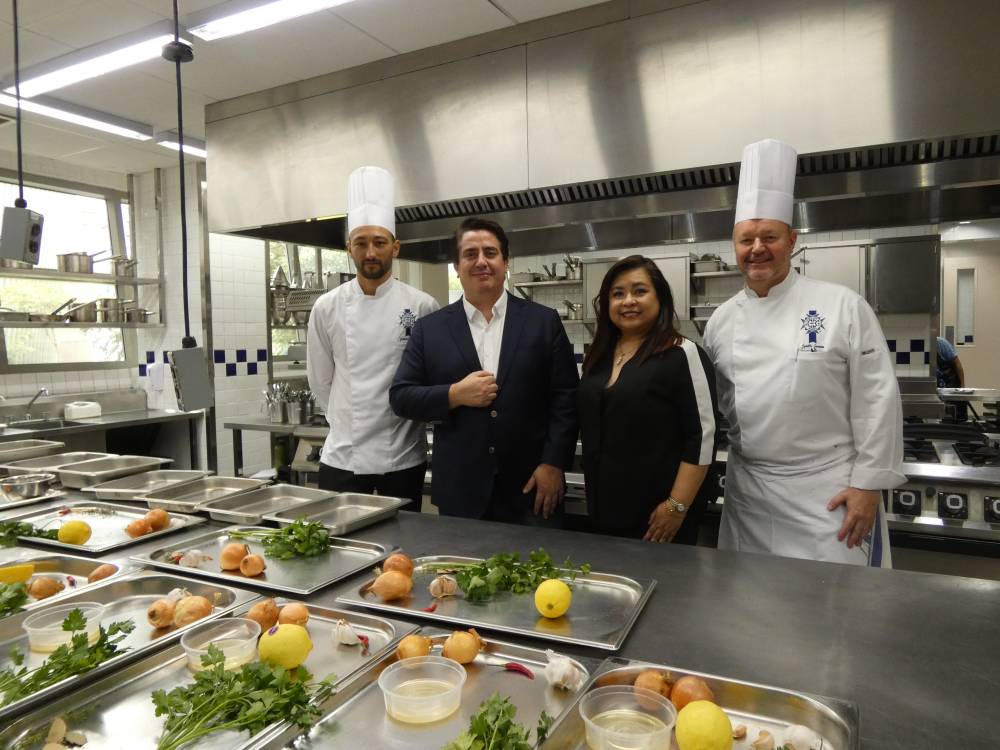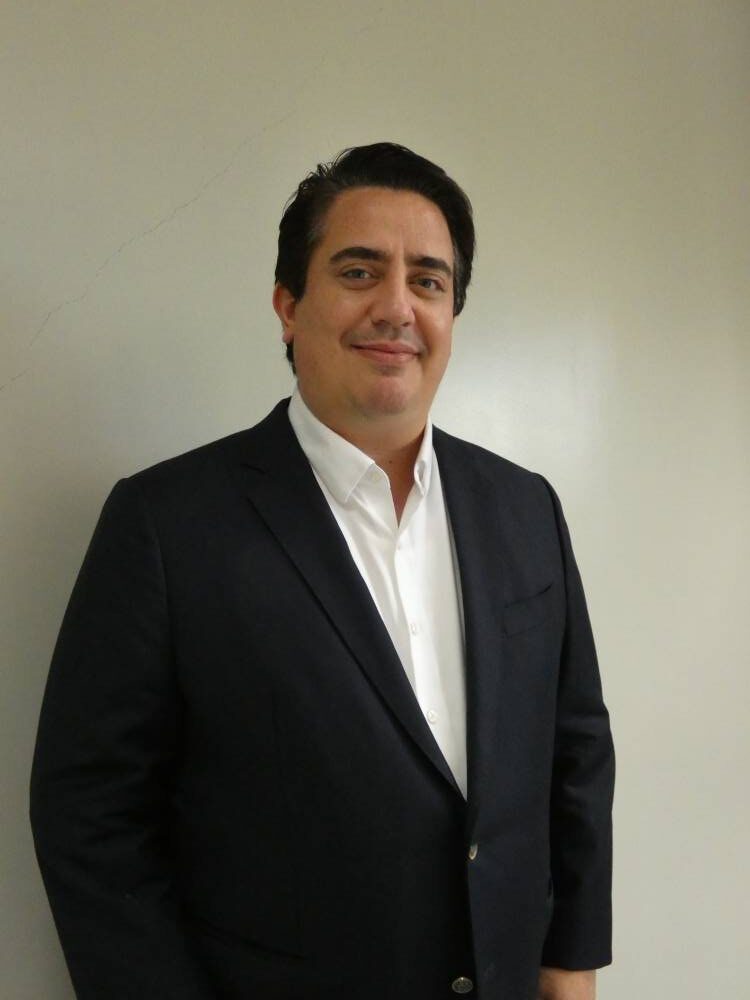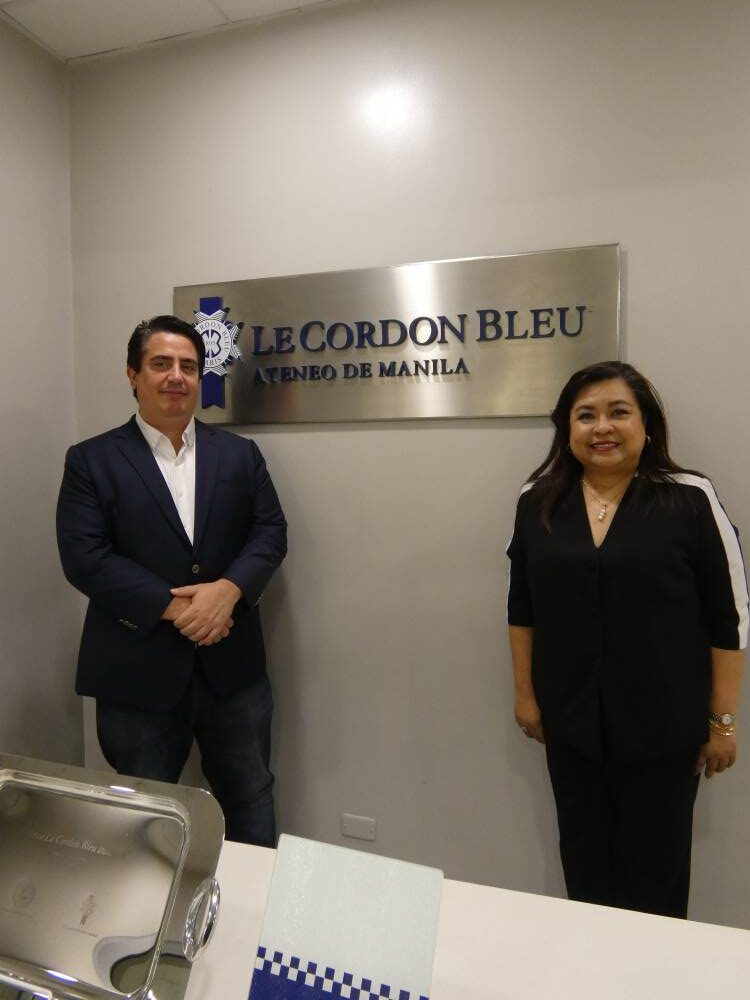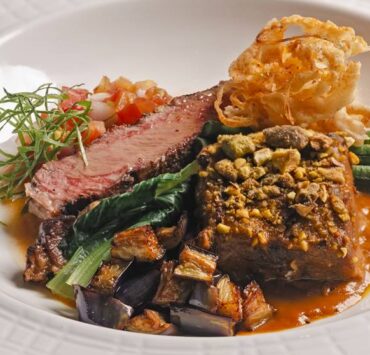Le Cordon Bleu exec: Low PH salaries driving skilled chefs abroad

A different kind of flavor has been seasoning the Filipino culinary landscape as of late, observed Le Cordon Bleu for Asia Pacific vice president Charles Cointreau.
Based in Hong Kong, Cointreau visited the Philippines briefly last month for both business and pleasure—joining friends for Sinulog and visiting the Le Cordon Bleu campus in Ateneo de Manila, which started its Diplome de Patisserie program this month and will launch more lifestyle and specialized short courses and workshops later this year.
“People who have been overseas come back and bring in something new,” he said during a one-on-one interview with Lifestyle.
What makes a cuisine so unique, he added, is rooted in anthropology. Filipino cuisine is already a mix of influences, brought on by the country’s long history of trade with other cultures and societies. In modern times, the diaspora has been adding to that even more.
“It used to be that you had a lot of expats bringing their own perspective, their own knowledge and expertise. There’s still a lot of foreign expertise that’s required to a large extent. But if Filipinos themselves can be the source of that, I think that’s going to be great,” said Cointreau. “I think it’s going to be very interesting to see how that’s going to be translated in the coming years.”
There’s also a lot to be mined when it comes to local ingredients. Cointreau lamented the knowledge lost in terms of available local produce.
“Unless you’re a real specialist, it’s almost like forgotten knowledge in some cases,” he said. “It’s only the local-local-local people or local tribes who are guarding that knowledge, and we try to bring that to the forefront.”

130 years
One of the oldest and most prestigious culinary schools (celebrating its 130th year in October), Le Cordon Bleu continues to explore and expand, and one of the programs it’s introducing revolves around plant-based diets—not exactly for health advocacy purposes, but more for broadening product knowledge.
“It’s about explaining to people that, whether it’s globally or locally, the plant universe is so diverse, it has really unique produce with unique flavors, unique properties. Whether it’s from a taste perspective or health perspective, learning to cook with them opens the door to so many possibilities,” he explained.
The Philippines itself has an abundance of unique attributes that the institute would love to investigate, Cointreau said, adding that they might even eventually think about putting together a program “reflecting the diversity and originality of the culinary heritage here.”
For chefs, going beyond the usual suspects in terms of ingredients and learning more about the biodiversity is quite relevant. “The better supply chain awareness you have, the better creativity you can have with those new items.”
But while he’s confident that this new generation of chefs could be a great strength for the country, Cointreau also commented on how the industry as a whole could do better. “It’s very ‘clannish,’” he said. “It’s just an observation: You have groups of people who work together, don’t work together, get along, or sometimes not as much. But the reality is that, as an industry, they could be doing more constructive work together.”
What he means, he expounded, is setting standards, including employment and labor standards that would benefit the industry.
“I think it’s a reality here that salaries are not high. But what I think is more important is that there’s no real career path or better prospects for people to progress in the industry,” he said.

Real change
Without real alternatives locally, many skilled chefs would be lost to better opportunities abroad or on cruise ships that pay triple.
Although it’s not just about the money, he clarified.
“It’s about real progression, whether from a skill perspective or a personal development perspective.
“One thing that’s frustrating with this industry is that people are looking for the shiny objects, whether it’s the titles or the awards, the international brand positioning and all that. But I think it’s more about systemic, internal, behind-the-curtain changes that needs to be the focus,” he said.
“I’m not saying we’re going to do that, but I think we probably will start offering, officially, internships and career services,” he added.
“We know that the industry is going to be in demand for talent, so we’re not worried about finding places. But we want to find places that can actually host the future talent and make them progress, so that there’s a real career path or a choice of where people want to go. And maybe it sounds a bit Utopian, but I can tell you that in countries where the industry has pulled together and tried to make an effort, there’s been some real change. It has happened.”
He added, “Again, it’s not gonna magically happen. It’s incremental change, incremental improvements. If there’s a bit more initiative, leadership, and perhaps support from government that also should be having a keen interest in that, then it should be feasible.”

















